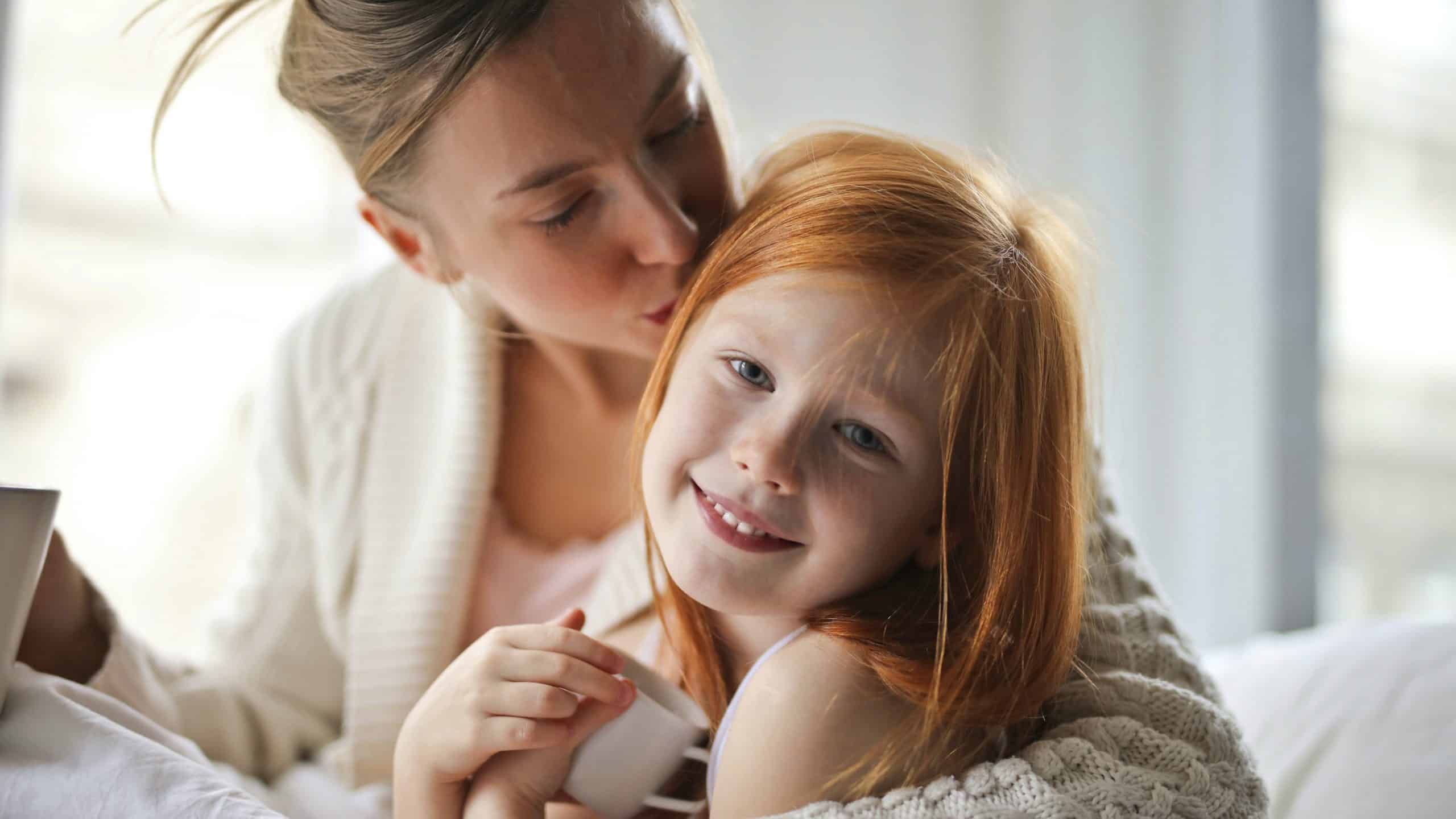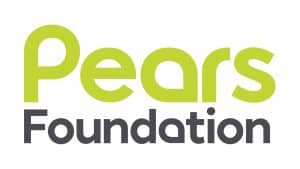The COVID-19 recovery plan published by Government late in March missed an opportunity to put the needs of bereaved children and young people at the heart of recovery post-pandemic.
Many thousands of children and young people will have been directly and indirectly affected by the grief that has accompanied the death of someone they know or someone close to them either because of COVID-19 or through another cause of death in this pandemic period. Very sadly, some of those who have died will have been parents; some grandparents or siblings.
The child bereavement sector estimates that pre-pandemic, around 41,000 children and young people lost a parent every year – but, because dependent children are not recorded when a death is registered there remains no official statistic to help us understand how this number will have grown as a result of the number of tragic, additional deaths we have seen since March 2020.
The true impact of the pandemic on children’s grief
Like most children and young people’s mental health and well-being services we too are anticipating that the level of true need will emerge over the coming months and years. This will come as grieving children, young people and families move back towards a place where their routines are less disrupted and where their systems of support become more stable and predictable again. The challenge for all of us providing services will be to ensure we are there and can respond right at the point children and young people are looking for help.
We now know that grief during the pandemic has been impacted both by the often very sudden and unexpected nature of deaths, and then again by the interruption in the important grieving rituals and processes that usually accompany them – limitations on visiting in hospitals; funeral restrictions; support networks interrupted through social distancing.
Because of this, we are concerned about the levels of complex grief that we expect to be seeing over the period ahead, and the impact of that on children and young people if they cannot get the right support at the right time.
The time to talk
So, we should be talking about what all of this means for children and young people much, much more than we are now.
There are two reasons for this. The first is that we know the risks of not supporting children and young people with their grief can be very significant. Although we must continue to take care not to pathologise grief in general, reviews like the one we did in 2019 with the University of Cambridge remind us that the impact of grief (particularly complex grief) on children and young people’s mental and physical health and well-being, and on their wider life chances can be significant. The findings make for stark reading – https://www.winstonswish.org/research/.
The second is perhaps a wider point in relation to children and young people’s mental health and well-being generally. Simply, on top of the pressures that successive lockdowns have brought, for more than a year children have been surrounded by a public discourse around death and dying that is unprecedented. In an era of 24-hour news and social media children are not immune from hearing these messages.
A system-wide response
Schools, as always, remain key. We know from the same 2019 research that teachers want to help grieving children but they too often feel they lack the skills.
There are real opportunities in the school curriculum too. The statutory status of Health Education means that there is a much greater chance for students to have structured, safe and age-appropriate conversations about death and dying.
But we can’t leave it to schools alone. We all need to know how the policy commitments to accelerating the development of Mental Health Support Teams and how the roll out of training for senior mental health leads in schools will help to meet the needs of bereaved children and young people, and how as a sector we can best link into these systemic interventions to ensure we all reach more and more of the children and young people who need us.
Keeping grieving children and young people in mind
In the child bereavement sector we have often said that we must not let children and young people be the ‘forgotten mourners’ after someone close to them dies. For those who have been bereaved in this pandemic it is perhaps especially true. It is a phrase that speaks to their needs in a world where we often don’t know how to help them with their grief, or how to help them come to adjust to life after a devastating loss.
In ‘ordinary’ times, it was also a powerful way to remind everyone of what is always at stake for grieving children and young people – as we move tentatively towards a post-pandemic Britain, it should be our rallying call.
Author: Fergus Crow
Winston’s Wish was the UK’s first childhood bereavement charity. We have been supporting bereaved children and young people since 1992 and we continue to lead the way in providing specialist childhood bereavement support services across the UK. Winston’s Wish provides emotional and practical bereavement support to children and young people (up to the age of 25) and those who care for them.
We are a specialist provider of support for children bereaved through suicide and for children with special educational needs or disabilities.
Our expert teams offer one off and ongoing bereavement support and we also provide online resources, specialist publications and training for professionals including free curriculum materials and training for schools.
https://www.winstonswish.org/pshe-lessons/
https://www.winstonswish.org/bereavement-training-courses-schools/






